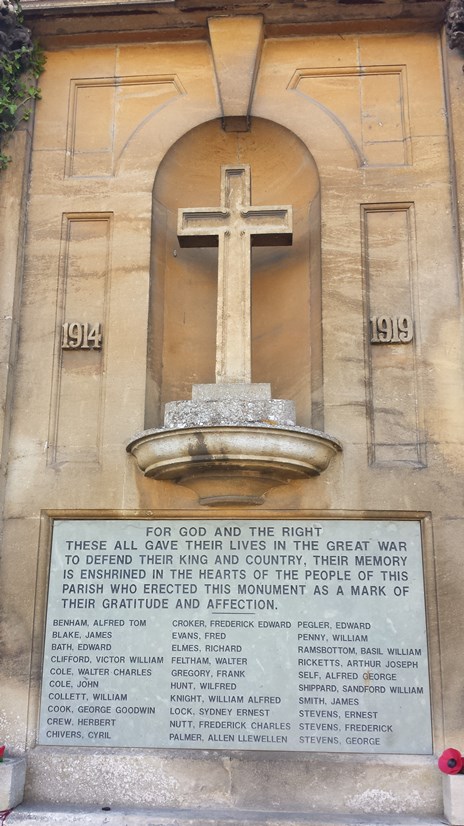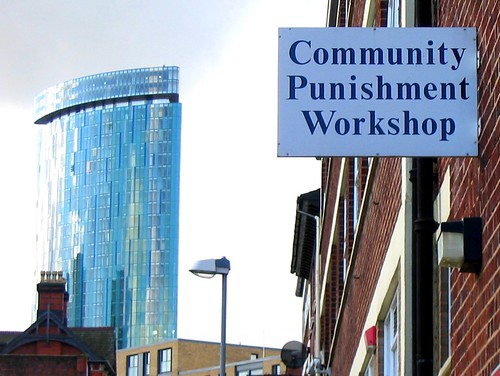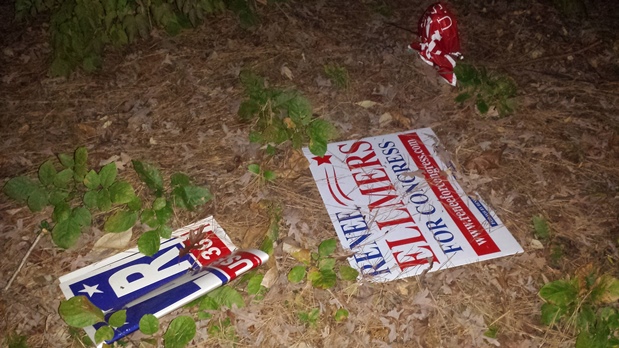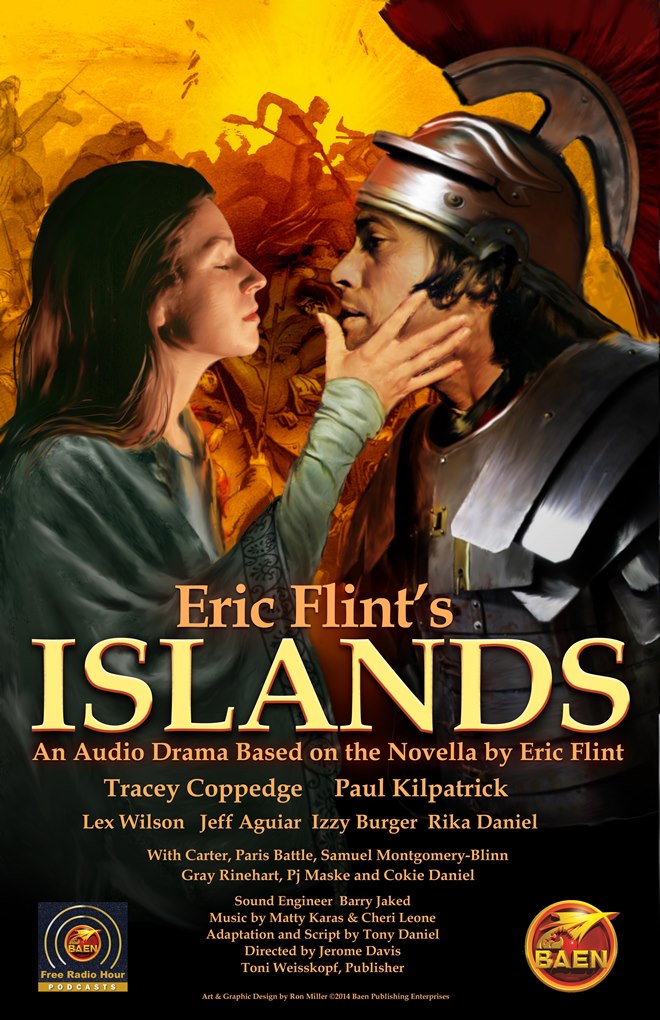Last month I introduced my newsletter readers* to Tim Griffin, whose music I encountered at the World Science Fiction Convention this past August.
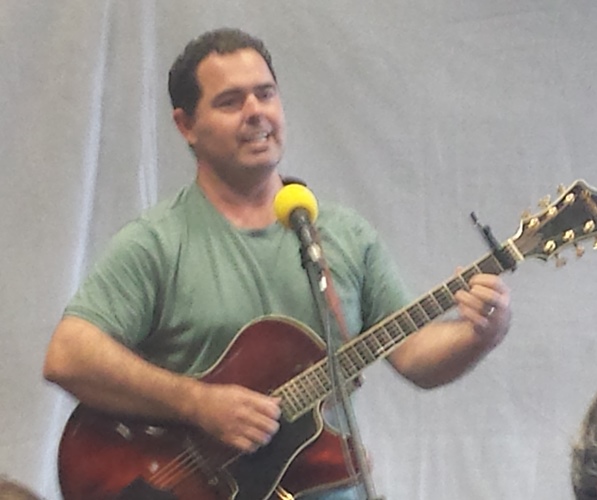
(Tim Griffin.)
My expectations for the World Science Fiction Convention in London were very high, and while the overall trip was awesome the convention had some ups and downs. As with any big convention, I didn’t get to see everyone or do everything I wanted, but one bright spot was the music portion, the best part of which was getting to meet Tim Griffin, who was one of the finalists for this year’s Pegasus Awards.
If you or someone you know is a parent or teacher, and might appreciate amusing songs that sneak in a bit of educational content, Tim Griffin is a name you should know and http://www.griffined.org/ is a website you should visit early and often. The first song Tim played had me hooked:
Aristotle said the world is a ball
Unrolled a scroll and made a map of it all
He put the planets in the sky, moving round the Earth every day
Copernicus drew a very different one
Pictured all the planets going ‘round the Sun
Then Galileo built a telescope and said, “Hey, it sure looks that way.”
You know that each generation learns a little bit more
Pulling back the curtain, opening up the door
But it’s only when we’re standing on the shoulders of giants
We can see the things we didn’t before
While he was singing I made a note on my phone — “shoulders of giants” — because I knew I wanted to learn more about his music.
Tim’s songs are enjoyable just from the standpoint of being catchy tunes, but what makes them unique is that most of them have educational components because he was a science teacher. I talked with him several times and found out that he runs a nonprofit educational foundation that produces music and makes it available — free! — to educators and anyone else who’s interested. Not only does he provide the songs for free download on his website, but he also provides the lyrics and in many cases includes references to educational standards that the songs address (e.g., California state standards, Common Core), and sometimes includes suggestions for educational activities to accompany the songs.
Tim pointed out to me that teachers don’t have to use the songs in an overt manner: the songs can be effective even if they’re only played as background music during what would normally be a non-educational part of the day, such as when the children have just come in from lunch or recess and are getting ready to start the next lesson. His foundation has conducted some research into music and learning retention, and the results have been quite positive, but even without that the music itself is worth a listen.
Check out his website, listen to a few of the songs, and if you like what you hear, buy one of his CDs or make a tax-deductible donation to the foundation — but even more importantly, share the music (or this blog post) with a teacher or principal or librarian.
___
*Yeah, I have a newsletter I send out sometimes. You can sign up for it here.
___
P.S. Seriously, if you know any teachers who may be looking for an innovative way to introduce science and math and technology topics to their students, please forward this to them!



 by
by 
